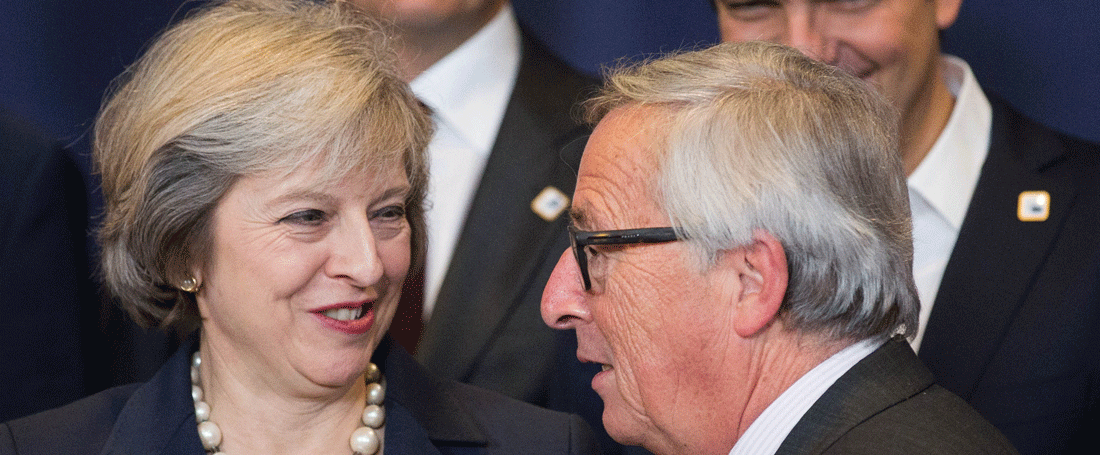David Davis may live to regret the first day of the Brexit negotiations in June. It might have come 10 days after the Conservatives’ election debacle, but the Brexit secretary appeared to buckle to the EU’s demands on the sequencing of talks, having previously predicted it would be the “row of the summer”.
Northern Ireland, financial obligations and citizens’ rights would come first, then, when “sufficient progress” had been made – the UK’s future relationship with Europe. That decision looks like the root cause of the stalemate we have now reached.
Either as a means of overcoming this strategic error or to force talks away from the EU’s needlessly rigid timetable, Britain published a series of position papers in the fortnight preceding the third round of negotiations this week.
Two weeks ago we had papers on the future customs relationship and Ireland, released a day apart to emphasise the UK’s attitude that these are inextricably linked. Then, last week, we had a flurry of documents on the availability of goods; confidentiality and access to documents; cross-border judicial co-operation on issues like divorce and bankruptcy; enforcement and dispute resolution (ECJ); and finally, data protection.
The EU has welcomed the further clarity from the UK, which it is fair to say has been lacking, but have criticised the rigid almost pig-headed way in which Britain is persevering in setting out its future stall rather than settling its account with the EU.
The UK has used these papers as a way of proving that they are in fact taking the talks seriously, despite what Commission officials tell journalists, and also to prove that the issues the EU views as ‘exit’ – Ireland, money and citizens – are nothing of the sort. You can’t sort the Irish border without deciding future customs arrangements, you can’t sort money without working out what agencies and initiatives we’ll remain a member of, and you can’t sort citizens’ rights, without formalising the future role of the ECJ.
Davis’s team have been throwing the EU’s favourite line – “nothing is agreed until everything is agreed” – back at them via the press in recent weeks, as well as the exact wording of Article 50 which says exit talks should take into account “the framework for its future relationship with the Union”.
But it rings hollow when we need Michel Barnier’s nod ahead of the European Council summit in October if we want to talk about future trade this side of Christmas. At this rate, that isn’t going to happen.
There are two more rounds of negotiations before that summit, on the weeks commencing 18th September and 9th October. The best chance we have of resuscitating these talks is for some form of deal to be struck on our transitional exit that allows Britain to pay the ‘divorce bill’ in two or three instalments and point to the preferential access we get as a result.
But that deal needs a German chancellor. With an election there on 24th September and coalition talks at the last election in 2013 taking five weeks, I wouldn’t count on it.
David Davis’s prediction that sequencing would be the row of the summer was perhaps only a month or two out.

